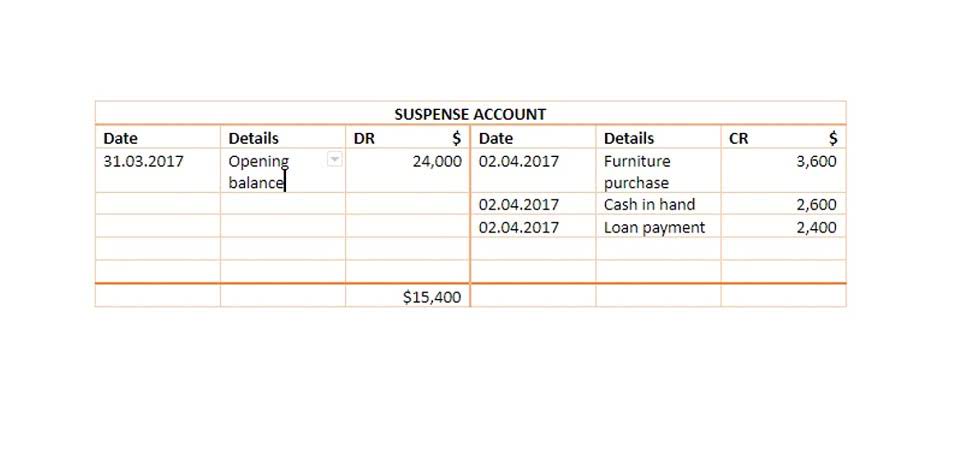
We aim to provide a comprehensive overview that will be valuable for residents, potential movers, and anyone interested in the fiscal policies of the Sunshine State. In addition, Washington levies an income tax on investment income and capital gains, but it is only for certain high earners. Elsewhere, New Hampshire currently taxes investment and interest income but is set https://www.bookstime.com/articles/negative-retained-earnings to phase out those taxes starting in 2023. That will bring the number of the 50 states with no income tax to nine by 2027.
Total Tax Burden: 8.04%
Several states don’t tax Social Security benefits, 401(k)s, IRAs, and pensions. With Taxfyle, your firm can access licensed CPAs and EAs who can prepare and review tax returns for your clients. The political landscape in Florida plays a crucial role in the discussion of state income tax. Historically, Floridians have been strongly opposed to the idea of a state income tax, viewing it as a threat to the state’s economic appeal.

Do I have to use Direct File to file my taxes?
- Property taxes are also higher than in most states, the net result of which is a total tax burden of 7.56% of personal income.
- While these states don’t tax “traditional retirement income,” you may still have to pay tax on other income types you earn in retirement, like wages, interest, and dividends.
- Florida does not have a state income tax, making the Sunshine State a haven for the well-to-do and a large population of retirees.
- The Florida estate tax was repealed effective Dec. 31, 2004, and it cannot be reinstated.
- The Florida constitution reserves all revenue from property taxes for local governments—the state itself doesn’t use any of this money.
With a booming tourist economy, florida income tax Florida is able to make up the majority of their revenue needs through these taxes. Additionally, they collect smaller, but not insignificant, revenues from corporate taxes, fuel taxes, documentary stamp taxes, and a few others. Florida’s tax system is a topic of significant interest for residents, businesses, and those considering relocation to the Sunshine State.
Florida State Tax Guide: What You’ll Pay in 2024
- Driven largely by the lack of state income tax, the state consistently ranks as one of the lowest tax states in the country.
- To access these free tools, taxpayers must start from the IRS Free File page on IRS.gov.
- From the beaches of South Florida to the glaciers of Alaska, no-income-tax states come in all shapes and sizes.
- It’s worth noting that the tolls you pay are generally not deductible on your federal taxes.
- Our network of Endorsed Local Providers (ELPs) can help streamline the process and avoid any potential tax filing mistakes.
This move was designed to ensure that Florida remained attractive to both businesses and wealthy individuals. Florida is renowned not just for its sunny beaches, vibrant culture, and as a retirement haven, but also for its tax-friendly environment. One of the most significant aspects of this tax-friendly reputation is the absence of a state income tax. We will delve deeply into the history of Florida income tax, its current status, and the potential changes on the horizon.

Free File program now open; Direct File available starting Jan. 27 for taxpayers in 25 states

Taxes are incredibly complex, so we may not have been able to answer your question in the article. Get $30 off a tax consultation with a licensed CPA or EA, and we’ll be sure to provide you with a robust, bespoke answer to whatever tax problems you may have. State Taxes at a Glance – Georgia Type of Tax 2024 Individual Rates 5.39% (flat tax) Corporate / Business Tax Rates 5.39% (flat tax) Gross Recei… Unusually higher-than-average living and housing costs hurt Washingtonians, putting the state at 47th in terms of affordability. For some residents, that might not matter, however, because their state was ranked by U.S.
Many residents moved to Florida specifically to benefit from the lack of a state income tax, and any attempt to introduce such a tax would likely face strong resistance from voters. This resistance is a significant barrier to any future changes in the state’s tax policy. One of the most critical milestones in the history of Florida’s income tax was the 1924 amendment to the state constitution, which explicitly prohibited the imposition of a state income tax. This prohibition was reinforced in 1968 with another constitutional revision, making it exceedingly difficult for any future administration to introduce a state income tax without a constitutional amendment.
Get Kiplinger Today newsletter — free

If you live in a state that has state taxes (Florida does not) you will be directed to a state-supported tax preparation and filing website after you finish your federal tax return. You will be taxed on investment income and wages in Pennsylvania. Also, there are local income taxes, so you may not save as much as you think on your tax bill. And property taxes are relatively low compared to other states.
- Alabama doesn’t tax pensions, but 401(k)s and IRA distributions are taxed.
- H&R Block left the Free File program at the end of the 2020 tax season and Intuit followed the next year.
- The state has no state sales tax but does levy excise taxes, including taxes on alcohol, and its average property tax rate of 1.86% of property values is the third highest in the country.
- Property taxes are based on the “just value” or market value of properties as they’re assessed by a local appraiser as of Jan. 1 of each year.
- In the affordability category, Tennessee ranks 18th overall, and on U.S.
There is no Washington income tax on retirement income such as Social Security, pension income, 401(k), or IRA distributions. This is because Washington does not have a personal income tax. The IRS’s Direct File allows eligible taxpayers to prepare and file their tax returns online for free. It also provides free help from IRS customer support representatives to anyone who needs assistance during the process. According to the Tax Foundation, contra asset account Florida property owners pay 0.91% of the value of their real estate in tax annually. Property tax rates are set by Florida counties and annual increase are capped at 3%.